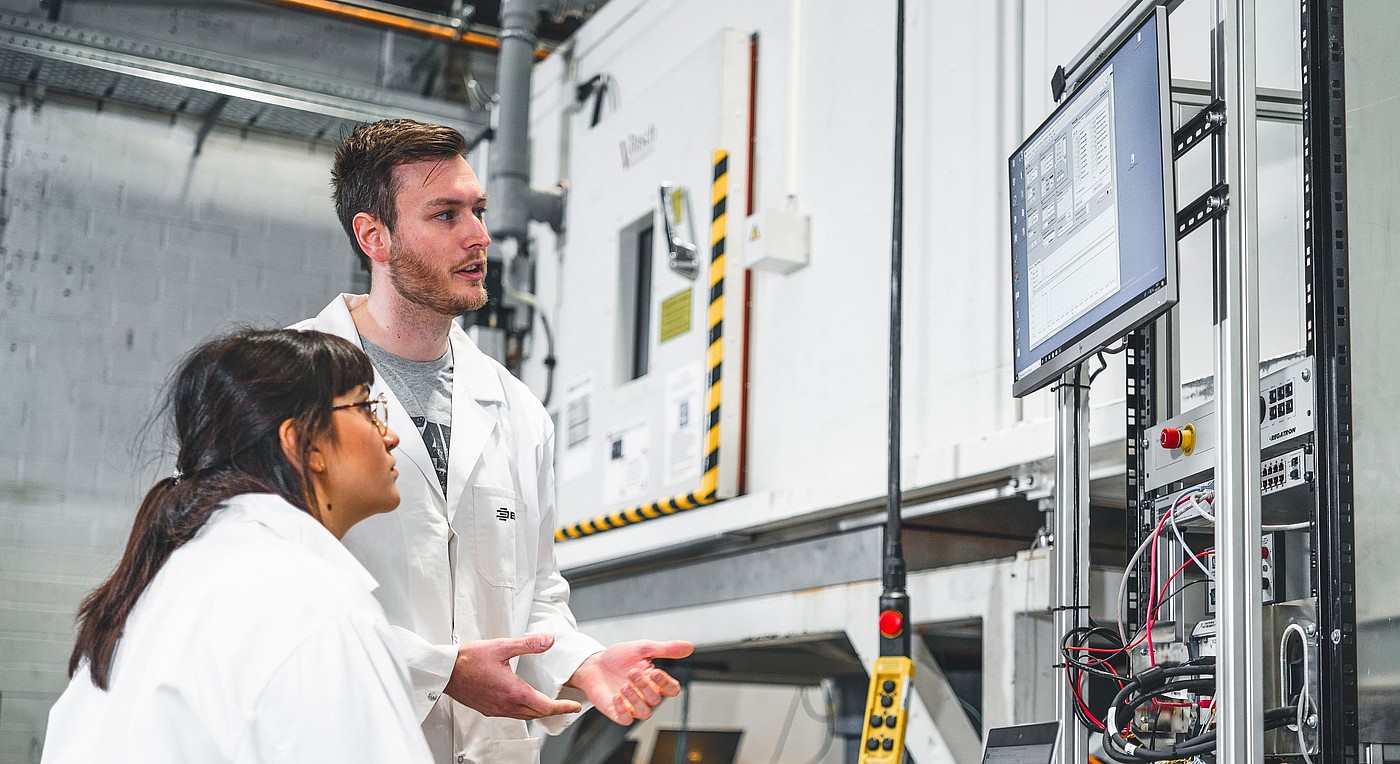
Need to evaluate a large number of components for your production in a very short time but have neither the time nor the money to build up the necessary skills in-house? Perhaps there are several stakeholders involved, all of whom need to be coordinated, which means increased project management demands on you? Many a headache can be avoided if, at the beginning of the project, sustainable validation of the components is carried out from the perspective of both production and logistics.
Thanks to integrated production engineering, our experts are able to design your project efficiently, manage it effectively and complete it on schedule over the entire term - from product idea to SOP (Start-of-Production). To ensure the worldwide applicability of tooling, our tooling experts offer you professional tool tracking.
You profit from our expertise in the entire production chain: from single component to finished product, from press tool to logistics. As part of the EDAG Group, we can draw on many years of expertise ranging from product development to plant implementation. As EDAG Production Solutions, we see ourselves as the link between the product and production, able to derive from product development the right production concept for your needs. And it makes no difference where you want to produce: thanks to our global network, we can set up a local project team consisting of product and production experts anywhere in the world. This consistency guarantees that there is no loss of know-how!
Even the first component versions provide basic information as to whether and how a product can be manufactured. As part of this validation of styling, components are assessed for their feasibility or cost-optimised manufacturability in series (Design For Manufacturing, DFM for short). The first logistics concepts can be designed in parallel. Finally, these parts have to be transported in containers (from KLT to SLT) - saving as much space as possible.
The detail feasibility study is now carried out with the correct materials and the processes that have been devised. This includes deep drawing simulation, joining technology validation and paint simulation. We keep an eye on the costs.
In the context of detailing, logistics concepts are also optimised for cost effectiveness, e.g. by increasing the packing density in the containers.
After validating the individual components taking account of (cost efficient) feasibility, suitability for installation and logistics requirements, it is then essential to support the customer during the series development phase at the interface with suppliers and service providers.
This could take the form of change management control, the preparation of product specifications, or tool tracking in the tool shop.
This following tools and methods are among those used here: